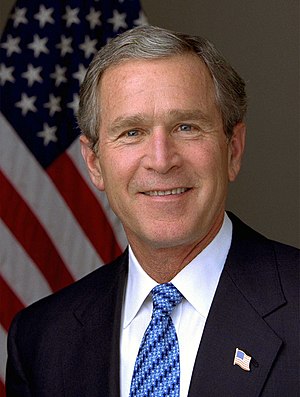Front Page Magazine posted an article today about the latest round of talks on the Iranian nuclear program.
The article quotes a recent New York Times article:
[a] successful meeting could prolong the diplomatic dance with Tehran, delaying any possible military confrontation…until after the presidential election. It could also keep a lid on oil prices…. Lower gasoline prices would aid the economic recovery in the United States, and Mr. Obama’s electoral prospects.
Wow. Has it occurred to anyone that we have done this dance before? All Iran needs is time to complete its research and obtain nuclear weapons–we are giving them the time.
The article at Front Page Magazine quoted Amos Yadlin, formerly Israel’s chief of Military Intelligence. Speaking earlier this month at a conference of the Washington Institute in Virginia, he stated:
nuclear Iran is more dangerous than attacking Iran.
If they can’t be contained when they don’t have nuclear weapon[s], how can they be contained when they do?…
I am sure they won’t launch a nuclear bomb the moment they get it, but the possibility [that] as a result of miscalculations and lack of stability, they will launch [a] nuclear missile—it’s not a possibility you can ignore. The flying time of a missile from Tehran to Tel Aviv is seven minutes and the temptation for a first strike is huge.
If you really want all options on the table, you need to be very credible with the military option.
Israel needs to be able to defend herself regardless of the price of oil or the coming elections. To block Israel from defending herself is extremely short-sighted. Has anyone considered what the world would look like after Iran went nuclear?
Israeli leaders understand the price of attacking Iran. On March 15, I had the privilege of hearing Marc Kahlberg speak at the Ahavath Torah Congregation in Stoughton, Massachusetts. Please see rightwinggranny.com for details.
Mr. Kahlberg spoke of the consequences of an Israeli attack on Iran and reminded his audience of Iran’s past behavior:
What are the dangers of Israel attacking Iran in order to end its nuclear program? In a war with Iran, Israel will probably have 20,000 fatalities, 100,000 injured, and one and a half to two million people suffering from trauma. If Iran has nukes, it will probably totally destroy Israel. Great choice. The other thing that was pointed out was that in dealing with the leaders of Iran, we are not dealing with people we can depend on to act rationally. There is a martyrdom aspect of the Iranian regime that does not make them rational when it comes to dealing with nuclear weapons. A regime that sends twelve-year old boys with keys around their necks to march into minefields to clear the mines (keys that were supposed to assure them the instant entrance to paradise when they were killed by the mines) should not be considered rational.
Sometimes negotiations are not the answer. An attack on Iran would create a lot of turmoil. It would make much more sense to undermine the current government to the point where it collapsed. The problem is not Iran going nuclear as much as it is the current government of Iran going nuclear. A few dozen targeted assassinations would probably also solve the problem.
UPDATE:
Since posting this, I have stumbled upon some interesting historic information. Israel has just formed a new coalition government–designed to bring more people together. Those were the actions Israel took just before the 1967 war,
The timeline for 1967 goes as follows:
In May 1967, Egypt evicted the UN observers from the Sinai Peninsula and began amassing forces there. On May 22, Egyptian leader Gamal Abdel Nasser closed the Straits of Tiran to Israeli shipping. On May 30, Jordan and Egypt signed a mutual defense pact as Iran began moving troops to the Israeli border. On June 1, Israel formed a national unity government. enlarging the cabinet and forming a united front. On June 5, Israel attacked the amassing Arab forces.
Stay tuned.









